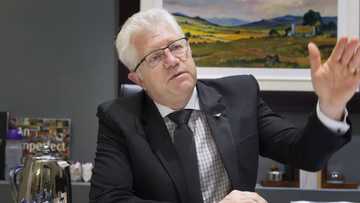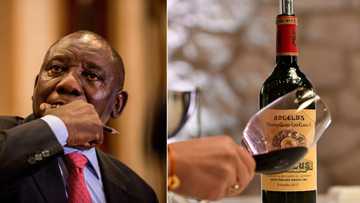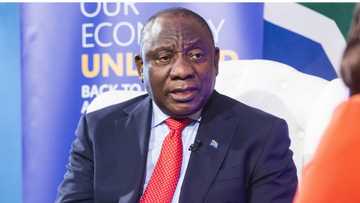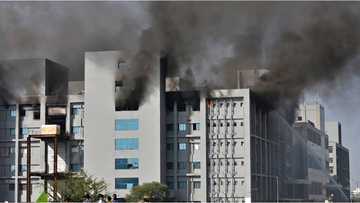Exclusive: Impact of a Delayed Covid19 Vaccine Drive on SA's Rights
- Many have criticised the delay in ensuring SA has access to vaccines amid the Covid-19 crisis
- Jean-Paul Rudd, Partner at Adams & Adams, spoke to Briefly.co.za on the impact of this stalled response
- From the effect of this delay on the academic year to the pleas for help from the private sector, the expert unpacks the situation
PAY ATTENTION: Join Briefly News' Telegram channel! Never miss important updates!
By: Jean-Paul Rudd, Partner at Adams & Adams
At the beginning of this year, several leaders in South Africa’s medical fraternity called for the axing of government officials who are responsible for the delay in procuring Covid-19 vaccines for the country.
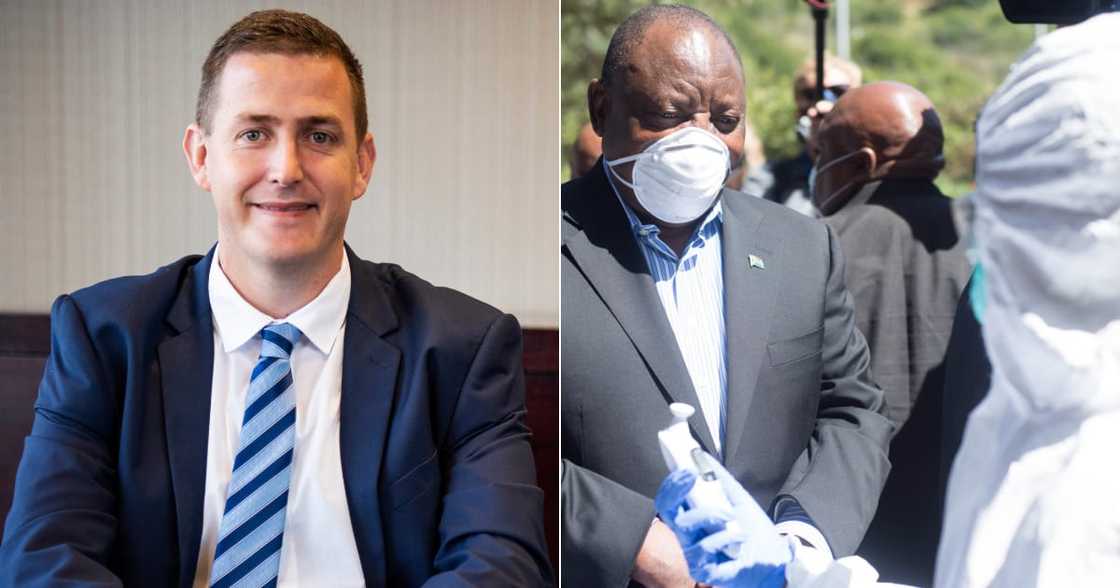
Source: Getty Images
In the City Press opinion piece published online by News24, and signed by nine officials from health organisations, hospitals and universities, including Professor Glenda Gray, the president of the South African Medical Research Council, South Africa’s vaccine strategy is deemed an “unforgivable failure, which will be measured in lives lost in their thousands, sickness for tens of thousands, a broken health-care system and profound and ongoing economic damage”.
While there has been much anger and frustration over South Africa’s slow response in procuring and administering COVID-19 vaccines, it remains the government’s responsibility to protect its citizens from this pandemic, while upholding the rights of all South Africans enshrined by our Constitution.
The Constitution of South Africa provides the legal foundation for the existence of the Republic, setting out the rights and duties of citizens, and defining the structure of the government.
The Bill of Rights, contained in Chapter Two of the Constitution, is the cornerstone of democracy in South Africa.
It enshrines the rights of all people in South Africa, and affirms the democratic values of human dignity, equality and freedom. It binds natural and juristic persons alike.
Not securing a vaccine timeously brings into question the constitutionality of the government’s actions in this time of crisis.
These are just some of the rights threatened by the inability to act swiftly in a Covid-19 vaccine roll-out strategy:
The Right to Life and Healthcare Services
Public and private healthcare services alike have reached breaking point. Photos on social media and testimonials from medical professionals paint a grim picture of hospitals inundated with patients and under-resourced to provide adequate care with ICU beds rapidly filling up.
Failing to secure vaccines with urgency has become a matter of life or death, with the country’s Covid-19-related mortality figures at their highest.
Covid-19 has also disrupted other critical medical care, such as cancer treatment, transplant surgeries and other life-saving procedures, leaving many patients in serious condition and uncertain of when they will be attended to.
The longer we wait for a vaccine, the right to healthcare services, and ultimately, the right to live, is in jeopardy.
The Right to Freedom of Movement
Movement within the country has been severely affected by the pandemic, from the closure of beaches to various travel restrictions to curb the spread of the virus. The government’s curfew has also denied citizens in leaving their homes.
Without a vaccine, it’s unlikely that severe regulations that curtail our right to move freely will be eased anytime soon.
The Right to Basic and Further Education
Everyone has the right to basic and further education, which the state, through reasonable measures, must make progressively available and accessible.
Basic Education Minister Angie Motshekga has warned that the effects of the coronavirus pandemic will be with schools for at least three years.
Although curriculums have been trimmed down, it has been reported that learners only finished approximately 70% of the work they were supposed to do for the 2020 school year.
Minister Motshekga said, “The remaining part of the curriculum would need to be incorporated into the 2021 school year.”
The current delay in the re-opening of South African schools, exacerbated by the limited progress in Covid-19 vaccinations, makes it unlikely that this work will be caught up and will invariably result in learners falling further behind.
The Covid-19 vaccine is the only hope to stop the virus from spreading, as non-pharmaceutical measures, such as wearing of masks, is not having the desired outcomes.
It is the government’s responsibility to abide by and respect the rights enshrined in our Constitution and protect us all as citizens.
The failure to timeously secure vaccines may be seen as endangering these very rights..
Briefly.co.za asked what solutions could see the situation turned around to which Rudd replied that:
"Unfortunately, due to government dragging their feet, any solution will now come at a huge cost. Our country is now going to have to fork out much more money than would have been the case had the government acted diligently in the first place."
Rudd continued to say that the government's requests for help from the private sector are now unavoidable:
"The government has little choice but to call on the private sector to assist. It does not have the financial resources to vaccinate the entire country in a short space of time."
"It should focus its attention solely on the millions of South Africans without medical aids, and allow the various medical schemes to procure vaccines for their members. This will, at least, alleviate some of the burden government currently faces."
As for the delayed start to the academic year, Rudd says that learners will likely fall even further behind:
"It has been widely reported that school curriculums were scaled down drastically last year in the hope that it would be caught up this year."
"This now seems unlikely. Should the work not be caught up, learners will either miss out on essential elements of the curriculum or be forced to repeat grades due to no fault on their part. This is too ghastly to even contemplate."
Meanwhile, Briefly.co.za reported that the Department of Health has discouraged the use of Ivermectin for the management of the Covid-19 virus
Department spokesperson Popo Maga says that this is until the study on the medication's efficacy and safety is concluded.
Maga says that the National Essential Medicines List Committee Covid-19 Sub-Committee has considered all the available evidence:
“Currently, there is insufficient evidence to recommend Ivermectin for the treatment or prevention of COVID-19. Some studies have suggested that Ivermectin may be of benefit of management of COVID-19, however the evidence that is currently available is preliminary and of low quality."
Enjoyed reading our story? Download BRIEFLY's news app on Google Play now and stay up-to-date with major South African news!
Source: Briefly News


